By Toyin Falola
Peace is an essential commodity, second only to oxygen, as it is a necessity for every individual. Regardless of the excellent condition of human biological components, the absence of peace can lead to tragic problems that undermine all they have accomplished. Peace is central to collective human development. Ironically, despite people’s awareness of the cardinal values of peace and their advancement, the rate at which conflicts at cross-country and international levels are perpetuated illustrates humans’ capacity for self-destruction. While it is undeniable that some groups of people derive satisfaction from inflicting violence on others, particularly the vulnerable, it is strange that certain groups deliberately incentivize conflicts due to their tempting rewards. This highlights the complexity of human nature and the intricate relationships they maintain among themselves.
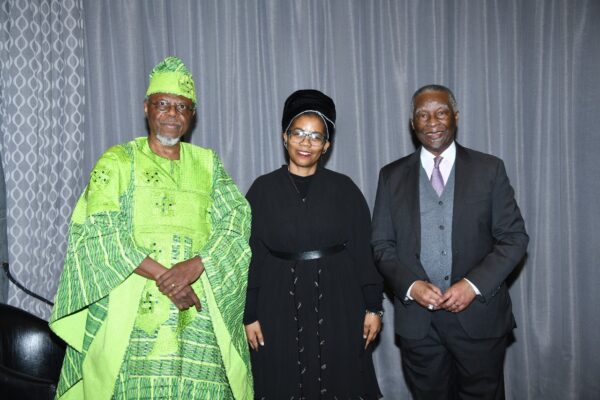
Thabo Mbeki, as a leader of a vibrant black country, South Africa, has emphasized the importance of peaceful coexistence among humanity and the extent to which he, and others alike, have committed both human and economic resources to achieving peace and mitigating conflicts, especially in war-torn societies across the world. Seeking peace is to advocate for tolerance, which is crucial for ascertaining a sound ecology for trade and cultural exchange.
The ongoing conflict between Palestine and Israel has not only strained the relationship between the two countries but has also increased the inflammatory potentials in the region, making it difficult, if not impossible, to foster economic growth and technological advancement. As a leader of the free world, Mbeki understands that unchecked violence poses risks to the safety of others. When conflicts are allowed to persist without resolution, the ripple effects are inevitable. For instance, while the prevarication of violence in the Middle East may not have direct or immediate and measurable consequences on South Africa, a deeper analysis reveals that it would bring a litany of horrendous challenges to the people.
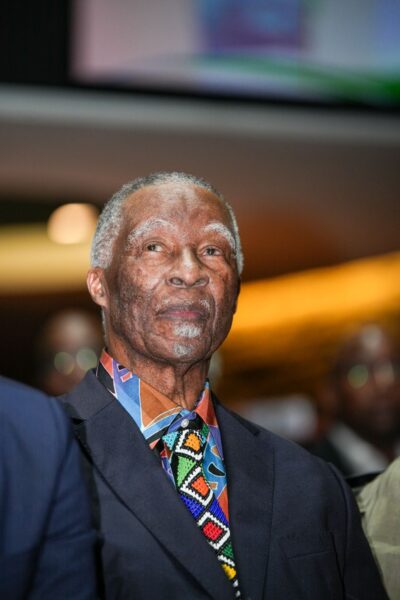
Africa’s proximity to the Middle East exposes it to the secondary danger of being a potential ground for mass migration of people seeking safety from conflicts in their countries. Meanwhile, the problem of having a significant exodus of people into a continent already striving for economic stability could ignite a new wave of crises that may not necessarily occur on the war fronts. In essence, foresighted leaders like Mbeki must confront such challenges proactively to safeguard their interests, as neglecting preventive actions could jeopardize long-term stability.
The promotion of peaceful coexistence as a foundation for a prosperous future is not born from weakness; rather, it reflects having an excellent disposition to the future. Mbeki often emphasizes that South Africa’s approach to governance is deeply rooted in historical understanding, particularly of the centuries-long exploitation at the hands of the former colonial powers, with England playing a central role. Nevertheless, these African leaders chose to sweep the materials of history behind them and embrace dialogue–not out of a desire to play the game of vendetta but from a genuine commitment to build a prosperous future.
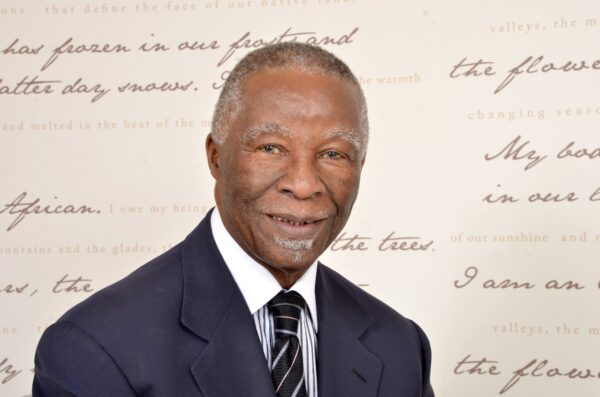
Mbeki believes that once there is a demonstration of commitment from the Europeans, they can forge alliances with them, provided this commitment is backed by deliberate efforts to move beyond the precarious issues of the past. Therefore, it is understandable when Mbeki emphasizes the importance of investing in any activity that would foster peace between them and other nations to enable progressive engagements. A peaceful environment is essential for all forms of development, including economic and technological advancements critical to modern transformation.
On the home front, it is undeniable that South Africa, under the leadership of these emancipators, is making tremendous strides to dispel any wrong notions that may have been generated against them. They are taking bold and calculated steps to pave a harmonious path toward the continent’s success. In essence, for South Africans to convince outsiders about their intentions to make great choices and stand by them, it is important to first make a courageous impact from the home front. If they struggle to gain the trust of other Southern African countries about their desires to lead the path to economic rediscovery, it would be nearly impossible to rally broader support for their political and economic rejuvenation campaign. Against this backdrop, they were making significant investments to integrate South Africa with other countries within the region to lay solid foundations for sustainable development.
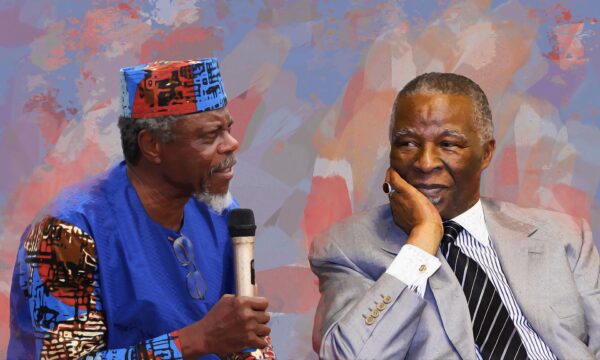
Mbeki’s efforts exemplify the efforts of a foresighted leader. This is evident in how he was embraced and treated with respect and honour during his visits to different African countries. He established himself as a key advocate for economic prosperity and political freedom in the region. This has significantly increased his popularity among his peers across these nations. It is important to state that Mbeki’s bold statements and actions have been carefully evaluated by other countries, which have observed his confident leadership and his ability to bring people together to attain a common goal.
Regional cooperation is crucial for promoting inclusivity and fairness for everyone, irrespective of their political leanings. The fact of history is that South Africa and other countries in the region have experienced cultural and ideological interchange, influenced by common linguistic heritage and long-standing moral values. Colonialism and apartheid should not be the basis for an abusive relationship that entertains different voices. Contrary to the pessimistic assumption that Africa is polarized by factors such as ideological philosophy, moral principles, and cultural identities, the reality remains that the continent’s long history of coexistence has blurred these lines and boundaries.
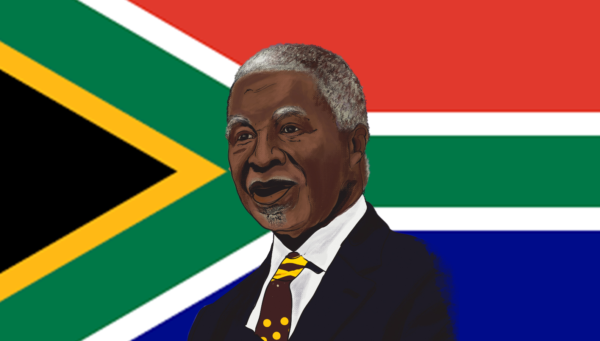
Therefore, it is crucial for African nations to immediately address divisive schematics pulled by minority groups to tinker with the peace they have been enjoying in the region. To prevent potential crises, they must actively engage in activities that foster togetherness and allow them to enjoy the inherent benefits of working together. The importance of unity in Africa is underscored by the intrinsic strength that comes from collaborating to achieve a common purpose.
In essence, the success of many countries in the world today comes from their coordinated efforts and cooperation in achieving their objectives. This way, trans-country conflicts would be faced with unified rejection to demonstrate to outsiders the seriousness of African leaders in combating altercations that deter investors. Sustainable integration among African countries would not only help eliminate terrorism on the continent but also foster a reinvigorated system and create the foundation for progressive engagements.
This is why Mbeki has become an agent of peace, crusading for the outright erasure of dangerous engagements that could hinder the attainment of peace on the continent. His outstanding efforts and remarkable achievements in promoting unity and understanding among Africans cannot be overlooked. In his power, he has made it possible for Africans to recognize their true potential. He points out that Africans were not brought up to hate and despise others, and unless the frustration becomes unbearable, they have always been welcoming and accommodating.
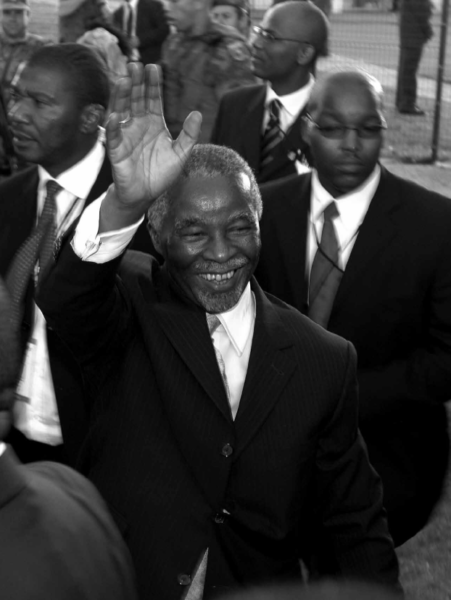
The price for peace, as paid by this precious human, is the concerted efforts made through his visits to different African countries, urging them to avoid violence and shun conflicts at all costs. Mbeki understands that allowing conflicts to persist impedes progress and makes it challenging to achieve the people’s desirable goals.
PS: This is the concluding contribution to a 12-part series based on the collections edited by Sifiso Mxolisi Ndlovu, titled ANC Today Letters: The Ideas and Thoughts of President Thabo Mbeki, Volume 1, 2001-2004, supplemented by materials from the Thabo Mbeki Museum, UNISA, Pretoria. The series was composed over five weeks in three different countries. The museum’s resources, digitized under 27 categories, can generate over 200 books.
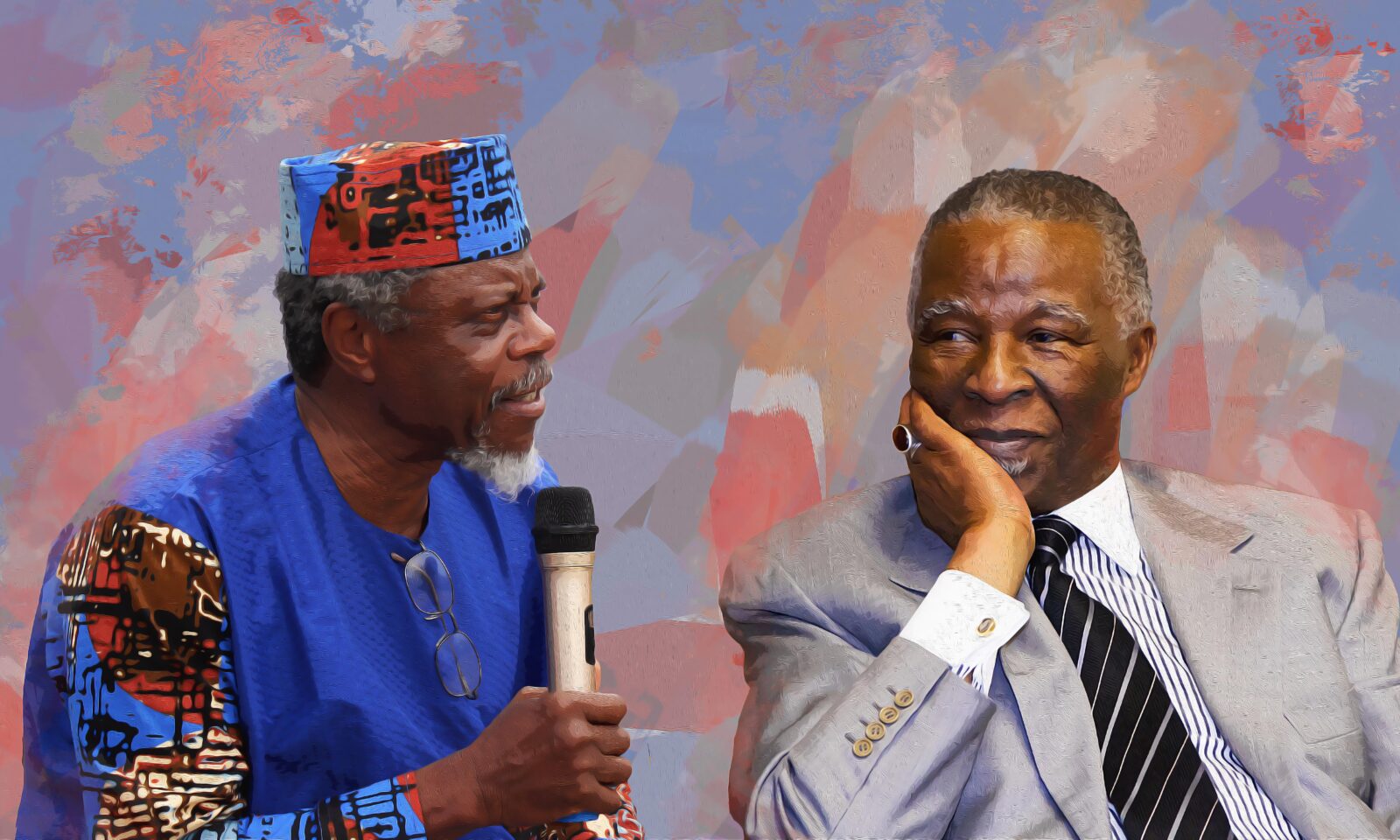
Mind boggling peace of writing. Basic principles of life. Great reading indeed!
We enjoyed these thought provoking pieces in the past weeks. You have dealt with critical issues in a very progressive way that resonates with the subject under study. We are grateful for these ‘elderly’ counsel and insights